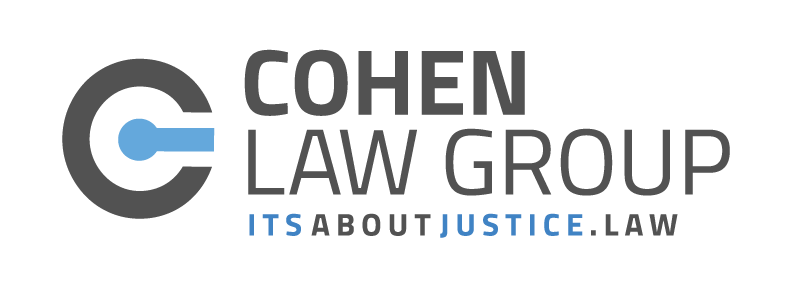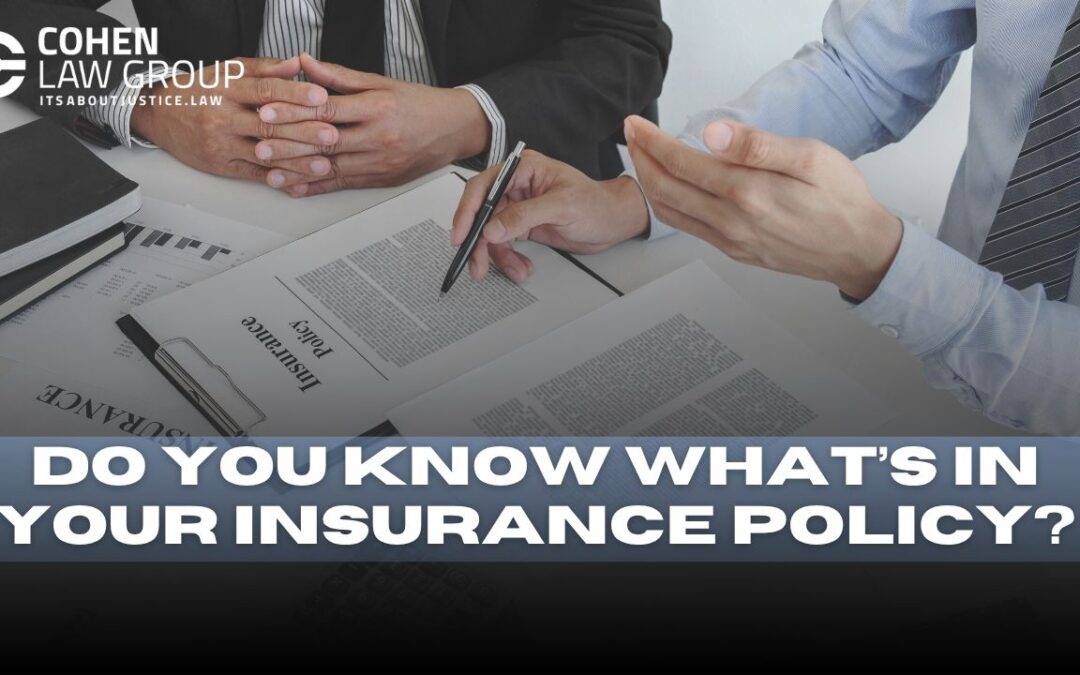Do You Know What’s In Your Insurance Policy?
In Florida, where hurricanes are not a matter of if but when, a lower property insurance premium
might not be in your best financial interest. In most cases the lower your premium, the less you
may be able to recover from your insurance company in the event of a loss. Unfortunately,
there's no such thing as a perfect insurance policy, but understanding some trending issues can
help consumers when shopping for or renewing their homeowners insurance policy.
High hurricane deductibles are a growing concern that often leave policyholders with large out of
pocket costs before any insurance coverage begins. The lower the premium, the higher the
deductible. For insureds that own an old home, knowing the difference between Actual Cash
Value (ACV) and Replacement Cost Value (RCV) can mean all the difference. RCV coverage,
might increase your premium, but it will require your insurance company to pay losses with out
deducting depreciation.
Citizens Property Insurance Corporation, state backed carrier, has introduced endorsements that
push disputes into the Division of Administrative Hearings ("DOAH"), where cases are decided
by state appointed judges that, so far, have strongly ruled in Citizens favor. Many private
insurers are adding similar binding arbitration clauses that require disputes to be resolved
privately and under laws from other states, often at the disadvantage of and unfair costs to
Florida homeowners.
Traditional dispute resolution provisions like Appraisal are being either removed or revised so
that only insurers—not homeowners—can invoke the process, removing an important tool for
disputing claim amounts without going to court. These policy changes often appear in complex
or unfamiliar language that’s easy to overlook.
Having an attorney review your policy can help identify these issues before they cause problems.
A legal expert can explain your rights, flag unfair terms, and ensure your coverage truly protects
you when it matters most.
Gio Diez, ESQ.

